Considering that the rap genre originated on the East Coast, songs from cities like New York and Boston can be considered as some of the purest forms of rap music. Rapping began as a way to entertain at block parties in the Bronx because urban youth had very few outlets to express creativity. Since then, the rap genre has evolved overtime and has taken on many forms in many areas.
However, there has been a sudden emergence of hype in the Boston rap community. Most notable artists like Cousin Stizz and Rosewood Bape have put the city on the map with their own brand of clean spitting and gritty street style. Rappers like Stizz and Joyner Lucas focus on tough subjects like poverty, drugs and crime. They express their relationship to such dark topics in their unapologetic and sometimes violent lyrics. These vulgar, yet popular themes are further explored through their accompanying music videos.
Cousin Stizz’s “Bonds” follows a series of drug deals; some that go well and some that do not. Joyner Lucas’s “Keep it 100” actually follows a $100 bill as it circulates through a seedy maze of drug dealers, strippers and the like. But along comes a lyrically aggressive, yet phlegmatic rapper by the name of Chico Williams. Williams’ style consists of brazen self-confidence that’s perpetually unfazed, and tells the story of an urban musician who will not settle for mediocrity. This attitude is best seen in the hard hitting “King without a crown” or in the funky, head bumper “Finer Things.” Aside from his confident disposition, Williams’ consistently fluctuating flow, well-fitting use of distorted ad-libs and occasional nostalgic samples are what makes his music so unique.
When all tied together with those qualities, you have masterpieces like “Daisy in Disguise” and “Capt. Plan-IT.” While “Daisy in Disguise” focuses on a relationship and “Capt. Plan-IT” outlines Williams’ “make-it or break-it” mentality, both songs reflect the rapper’s admirable level of self-awareness.
Williams’ musical diversity is evident in is his ability to cross the line between new and old school with ease. Many rappers today either try to bring back old school vibes or go for a new school style that makes use of video-game-sounding beats and smooth, direct vocals. When a rapper can travel between styles, it’s a promising sign of versatility. The best rappers experiment with different styles and attempt to grow from beyond their original material.
Judging by his music, Williams does not have a problem with change, especially in terms of sound and content.
“Music in my opinion is ever changing,” said Williams in a recent interview with The Suffolk Journal. “It’s like a river, it goes in many directions, as does life I believe the biggest change in my music is how methodically I’ve become with everything…the content is always going to change based on what’s going on in your life.”
Williams echoes a sound similar to his Boston rap brethren in terms of flow, instrumental and overall lyrical approach in songs like “Stadium Status” and “Voodoo.” However, “Distance” combines a 90’s boom-bap sound reminiscent of Talib Kweli, while retaining a fairly modern chorus. “Distance” also makes use of the rapper’s ability to switch between flows from moderate to fast without warning. While one measure of a rapper’s talent is the speed of their flow, it is refreshing it to hear an artist exercise some lyrical rebellion and switch it up.
Williams acknowledged that he drew on other Boston rappers for inspiration, “I support all Boston rappers. I may sound like some of them but I’m not trying to sound like them.” Originality is certainly not lacking in Williams but, although he does not actively go for the same style as Cousin Stizz and Joyner Lucas, having a particular sound and identity to match a geographical area reflects the very essence of rap music.
East coast rap harnesses the power of jazz beats bouncing to the rhythm of Timberland boots stomping around a concrete jungle. West coast rap can be described as a high pitched synthesizer whistling through palm trees and Doc Martin’s as they hang from power lines by a tattered shoelace. However, Williams’ defiance of traditional east coast rap customs provides a glimmer of hope in the world of rap. Artists making decisions for themselves to keep them as artists and not puppets for a label. And while repetition is nice because the consumer knows what they are getting, it does not give the genre a chance to grow.
Williams’ musical method also incorporates his uplifting, singing voice that compliments every hook it comes in contact with. In many of his tracks, Williams makes use of his vocal abilities to cool down the song after his lyrics heat it up. “King without a castle” makes use of hard bars and uncompromisingly relentless lyrics. But when Williams sings “what’s a king without a castle / what’s a king without a crown / what’s a king without a throne / just another man whose down,” it signals the release of pressure the his lyrics built up through content and sound. Each one of Williams raps share a common message: it’s either now or never. For the sake of the potential legacy Boston can leave behind in the world of rap, let’s pray for now.
William’s music is available for streaming on Soundcloud. Follow him on Instagram at mrcheeks_wm and on Facebook at Chico Williams.





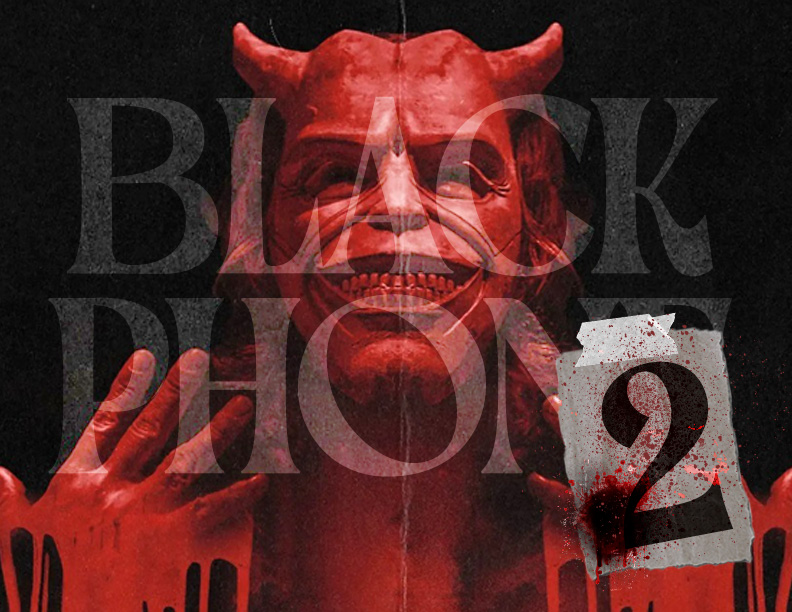

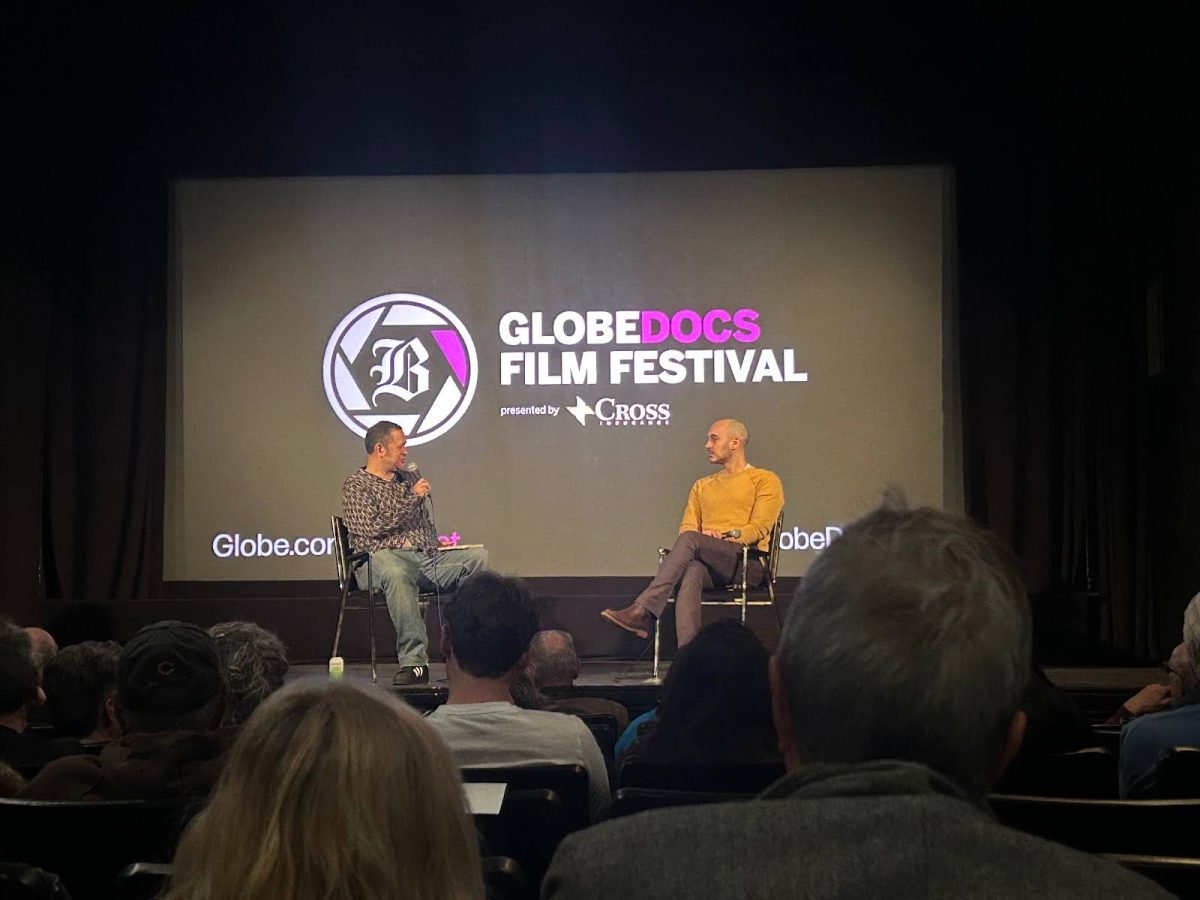

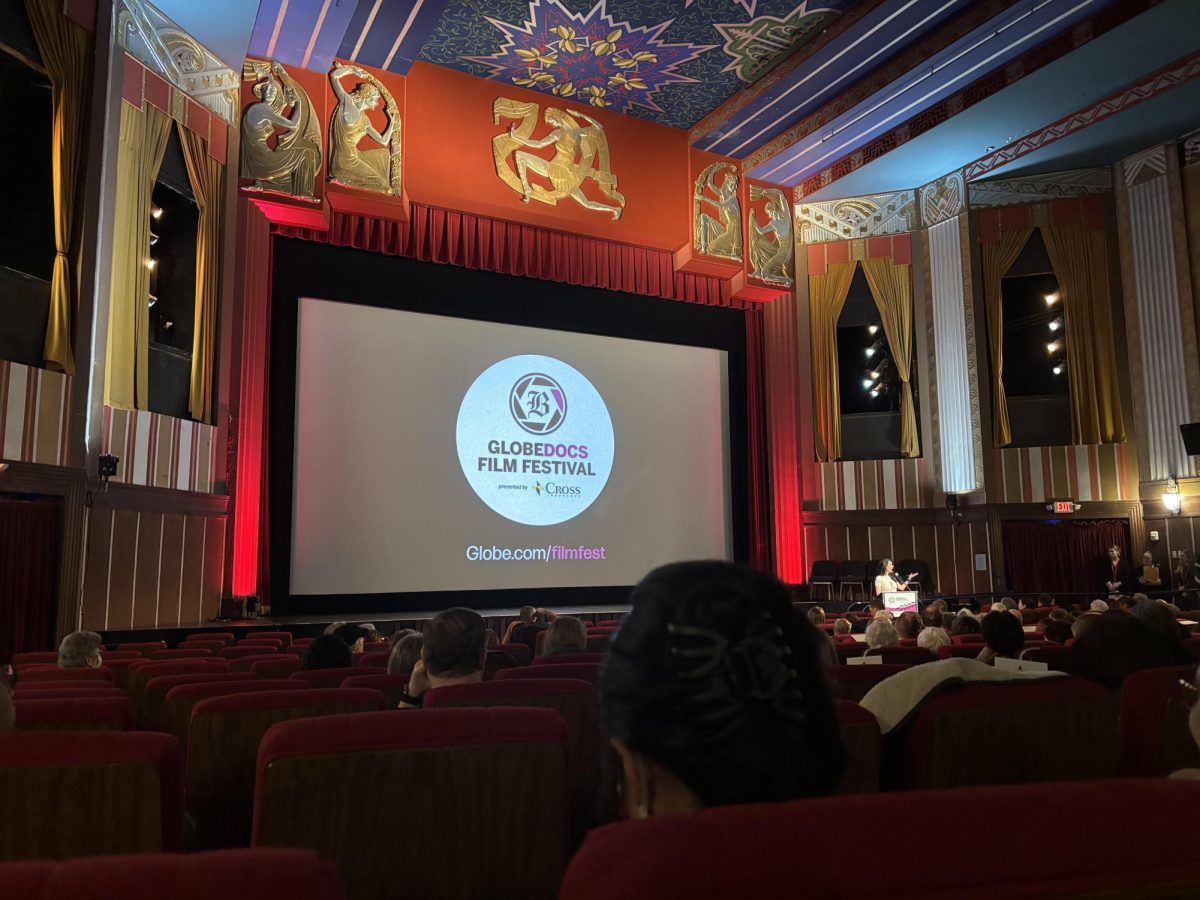
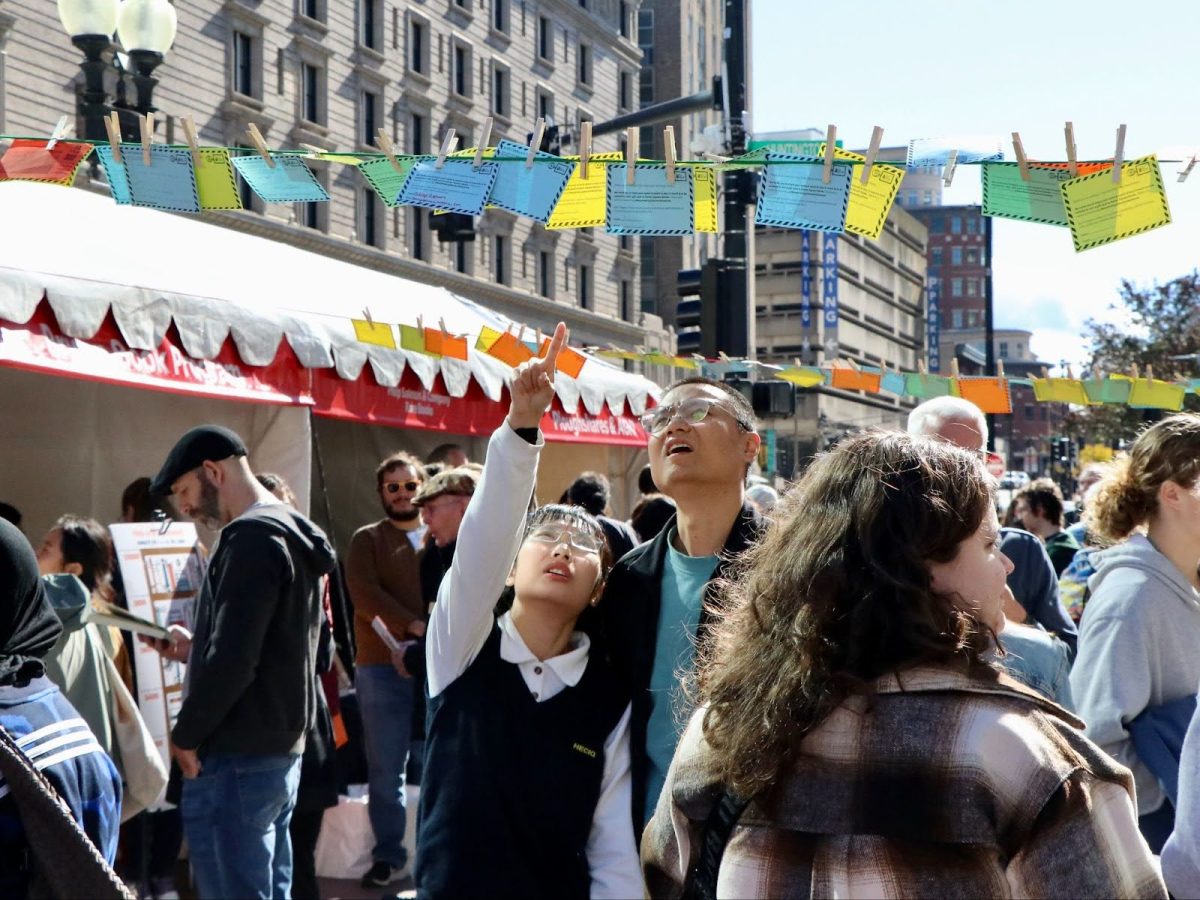
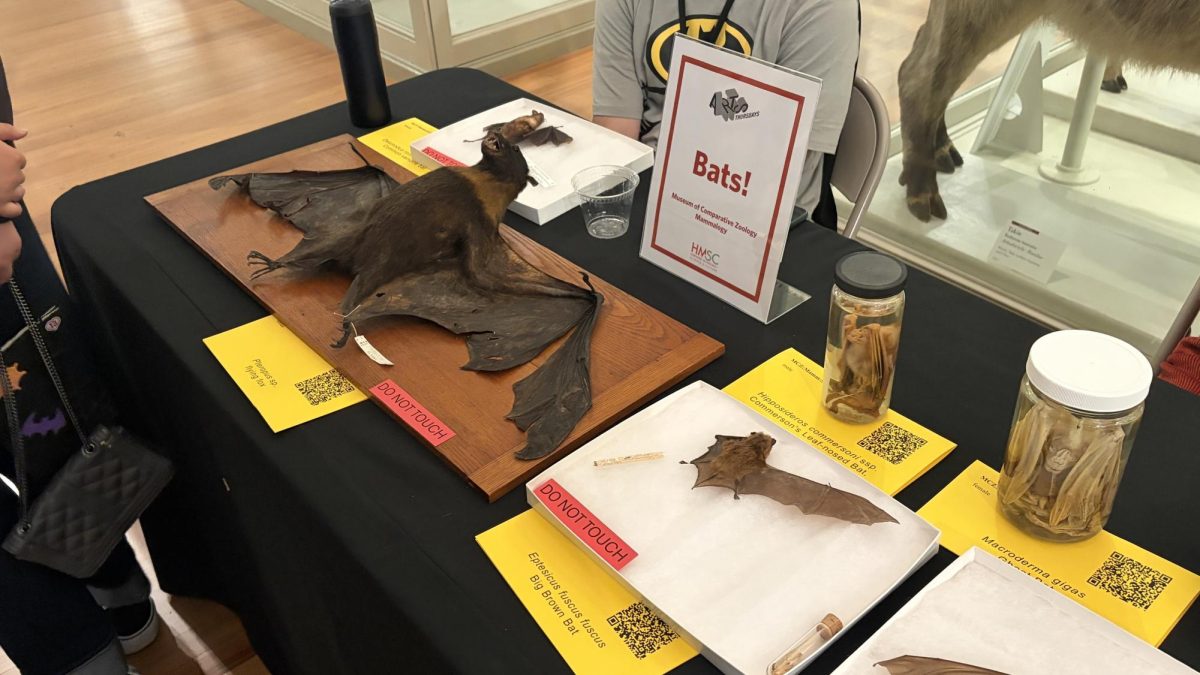

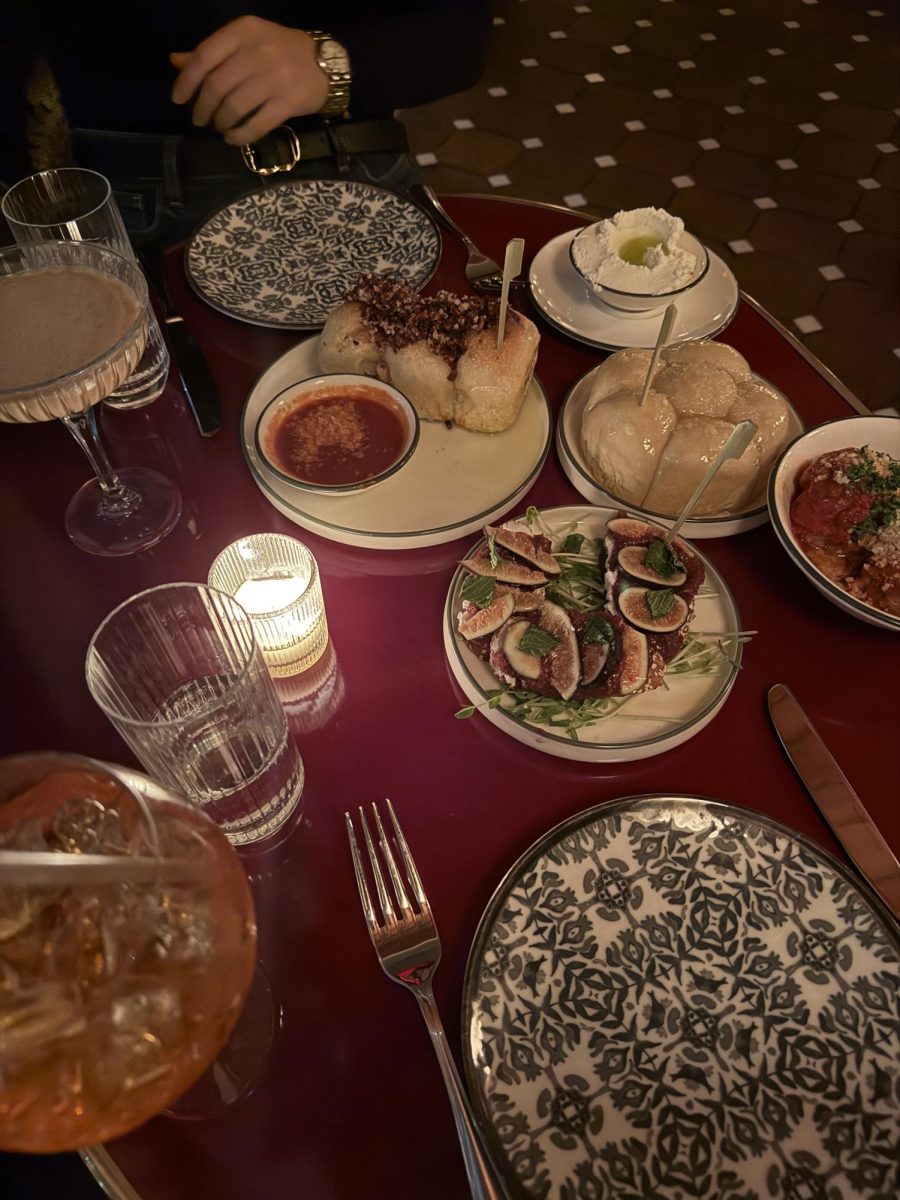
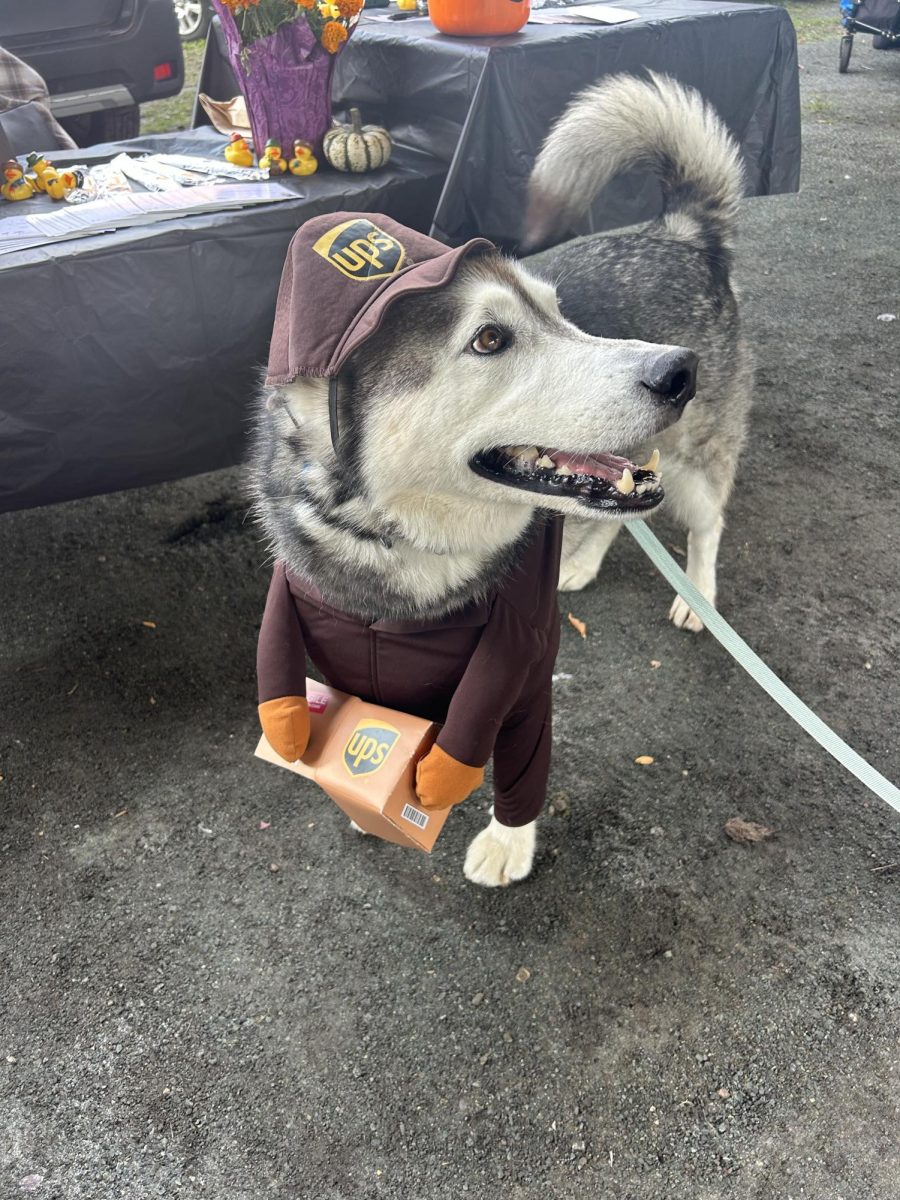


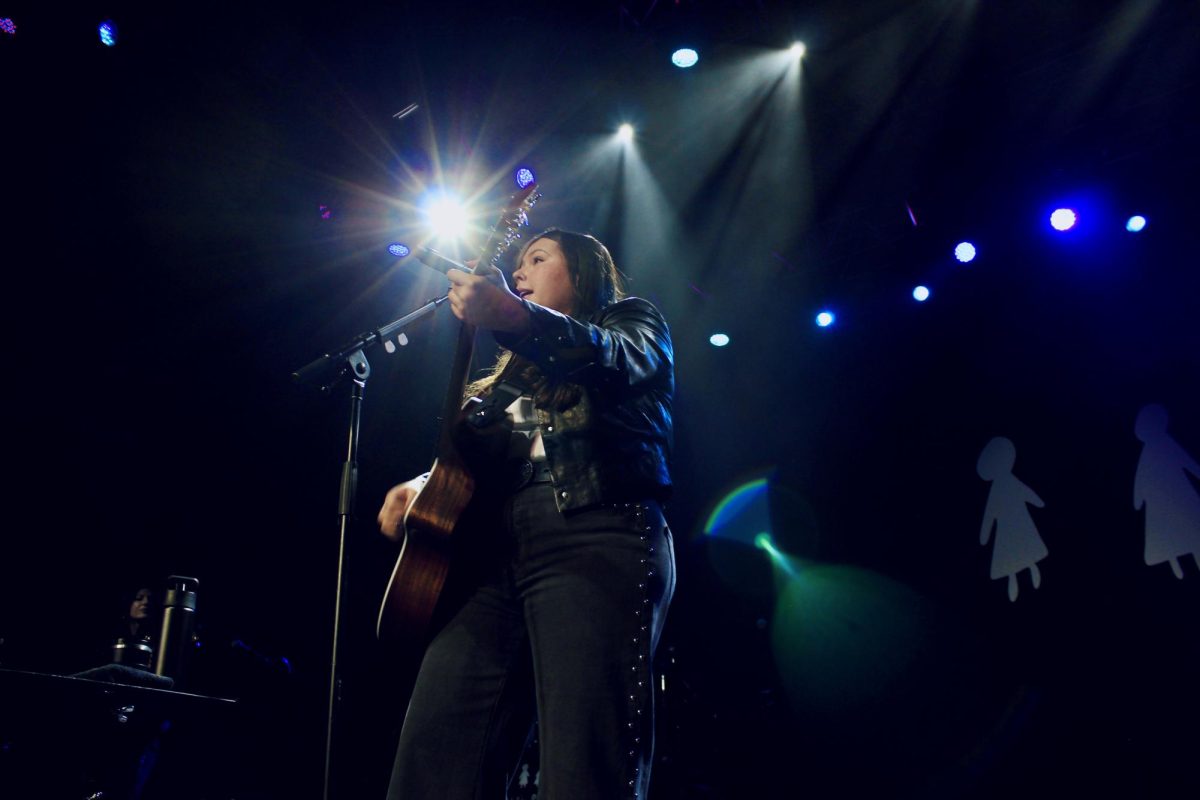
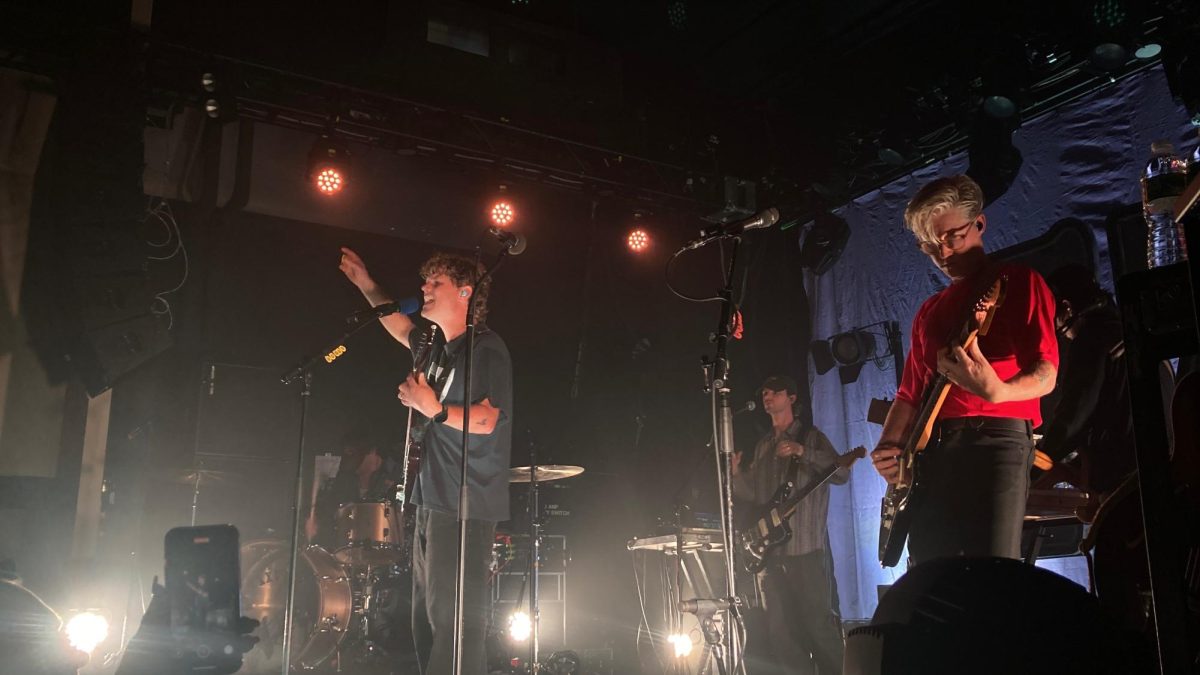
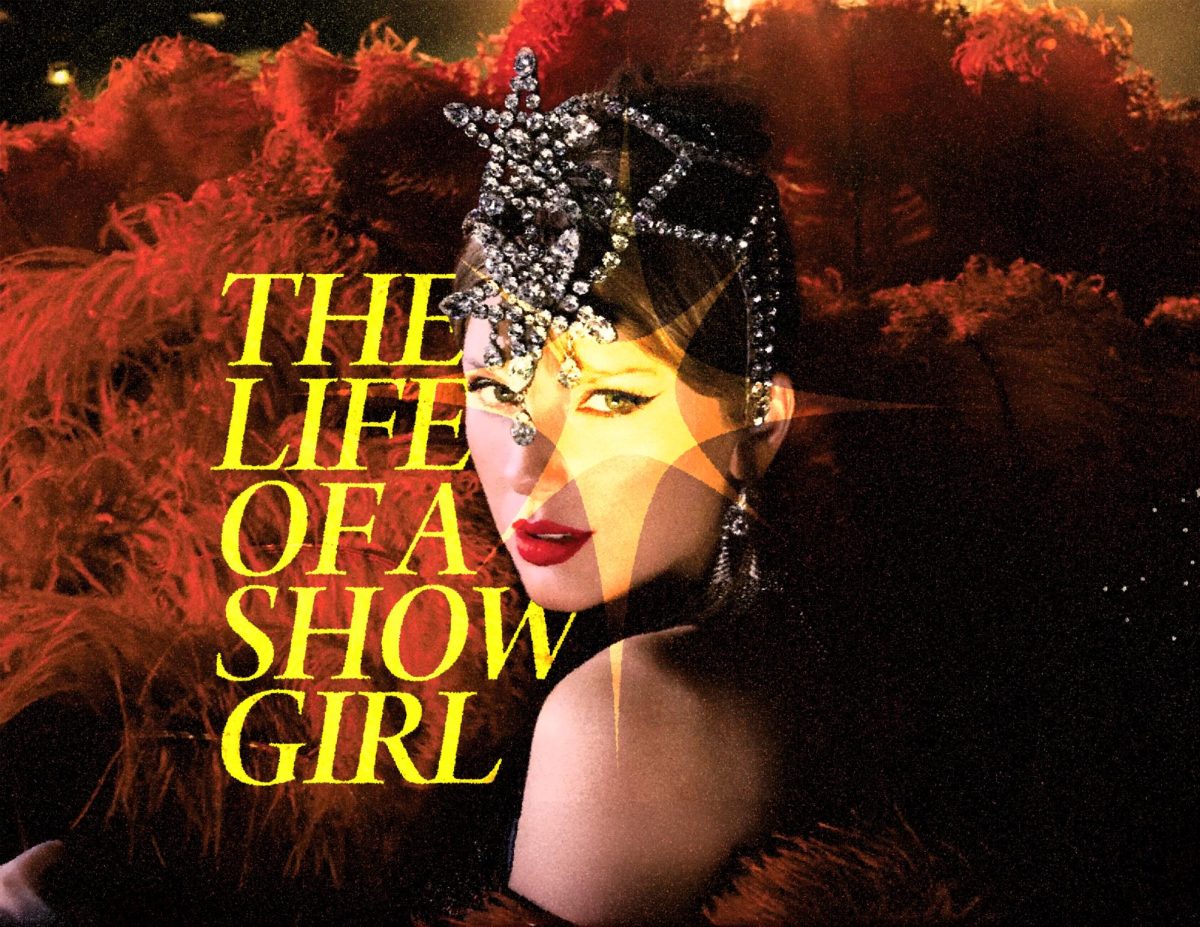
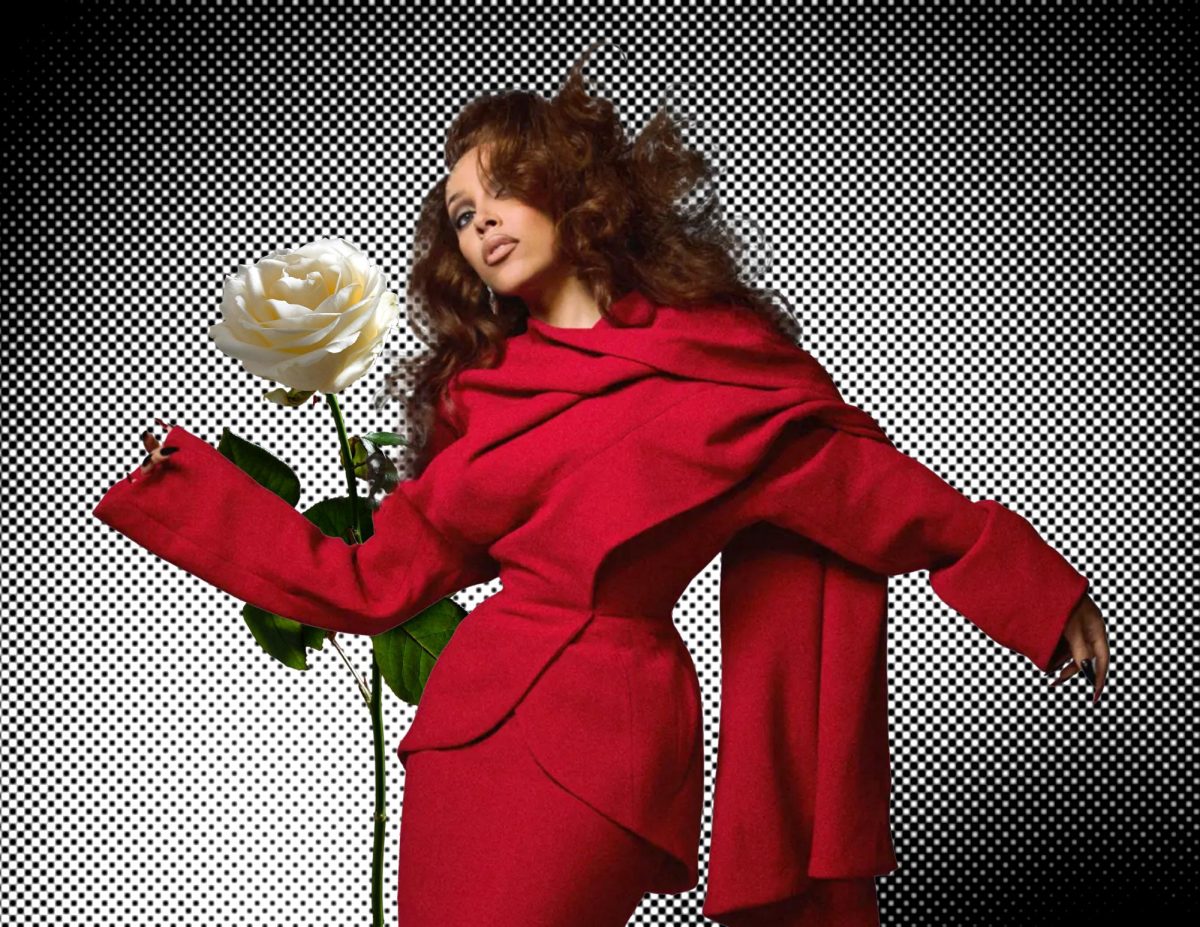
Stiv Mucollari • Sep 21, 2017 at 11:33 am
Really great article, great analysis, and great writing.